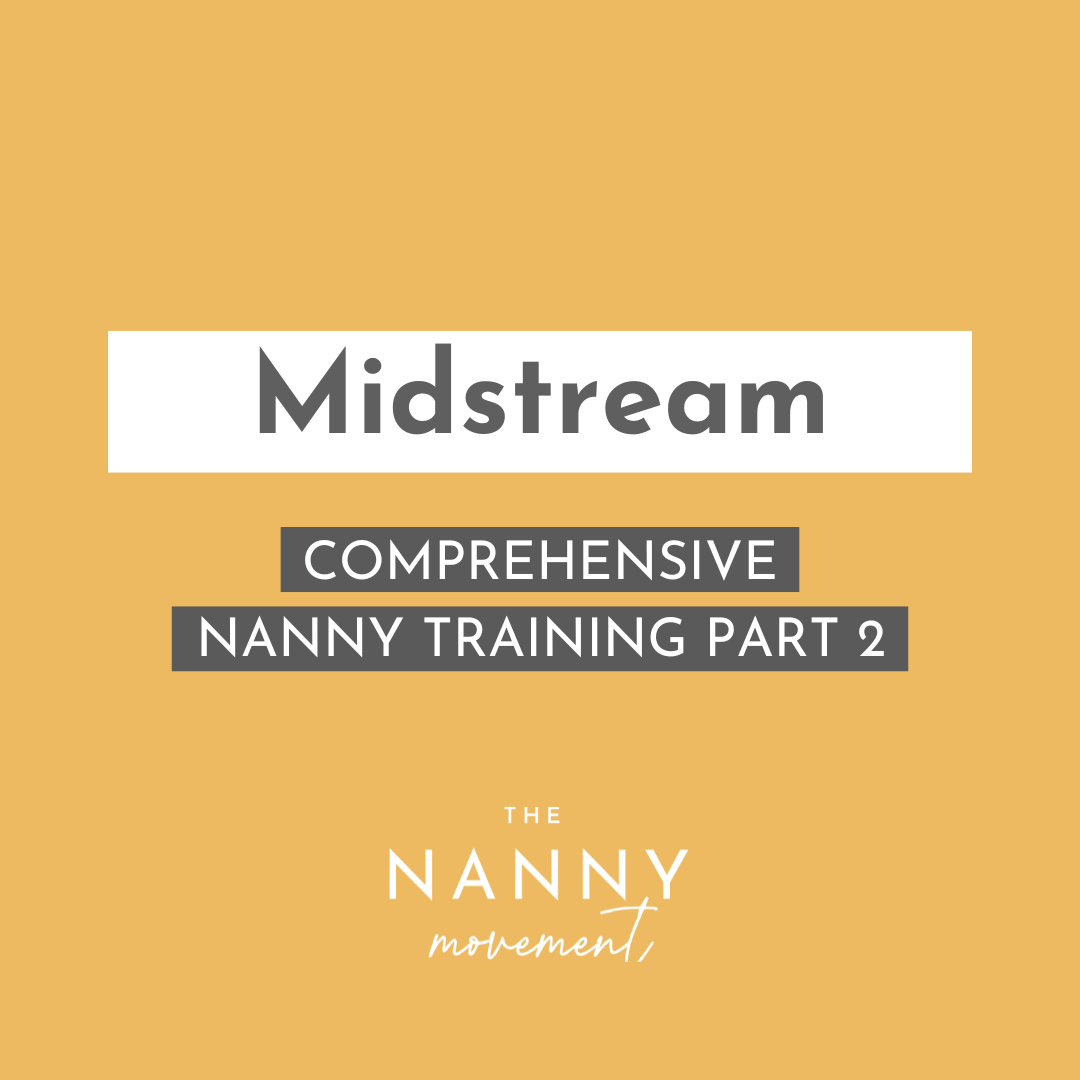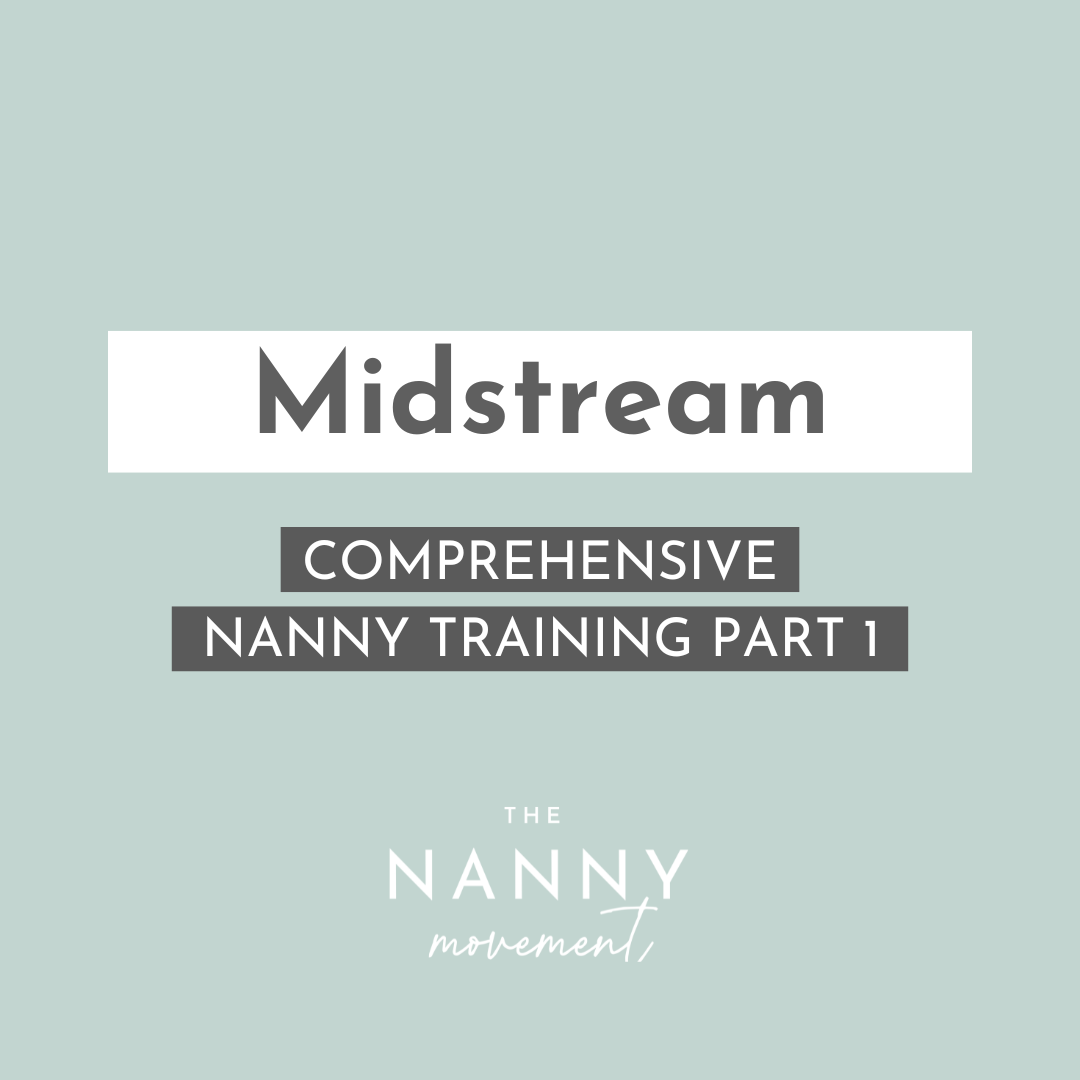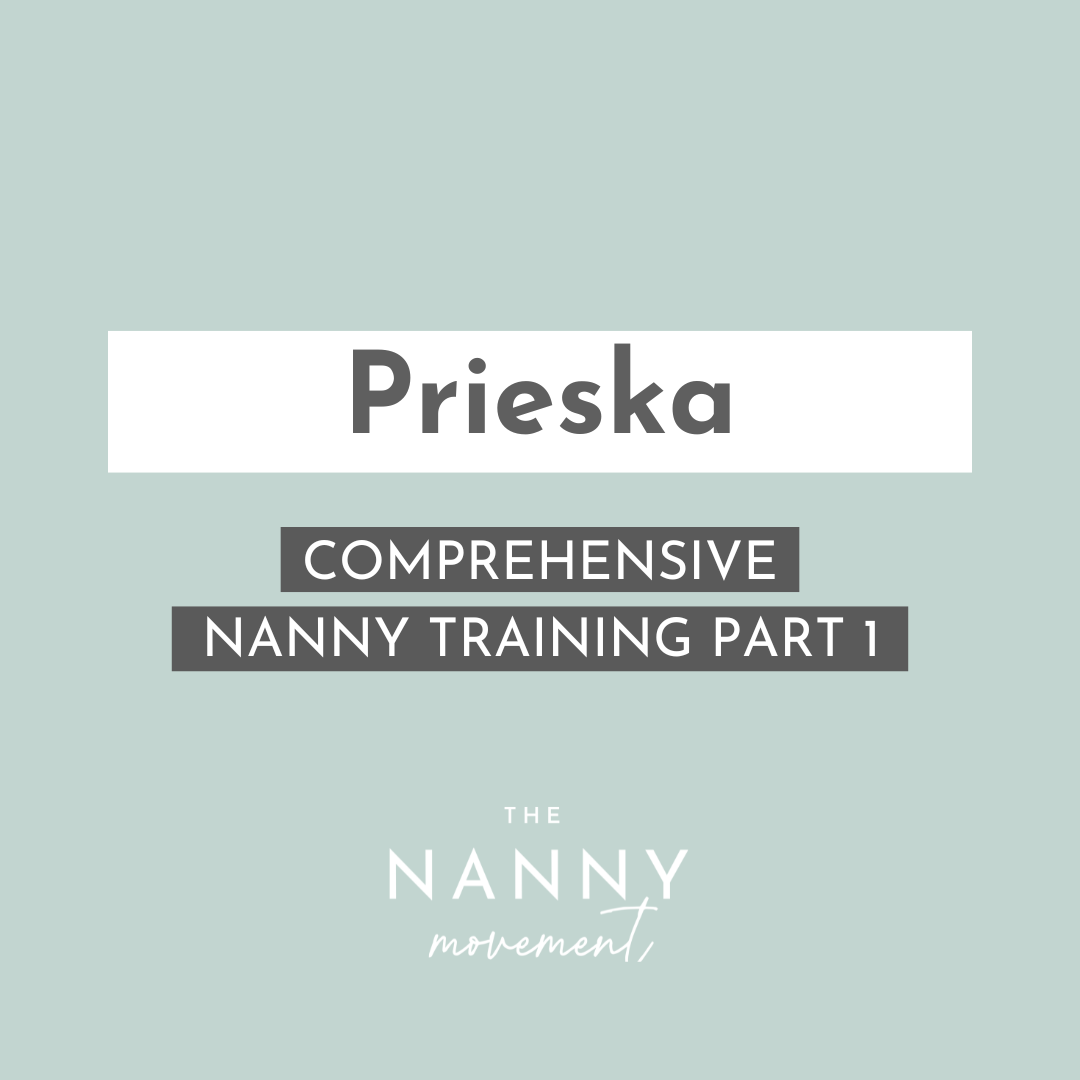We understand the anxiety parents experience when seeking a caregiver or nanny for their child with special needs.
This situation can be quite complex, as each child has unique requirements, and finding the right match is essential. We hope this blog provides some assistance.
1. Relevant experience and training
• Look for nannies with prior experience, caring for children with special needs or specific training in this area.
• Check for certifications in areas like first aid, CPR, or specialized training related to your child’s condition (e.g., autism, cerebral palsy, sensory processing disorders).
• Did you know that The Nanny Movement has a wonderful workshop specifically designed for caregivers caring for children with special needs?
https://thenannymovement.co.za/product-category/special-needs-workshop/
2. Understanding your child’s needs
• Ensure the nanny understands your child’s specific medical, emotional, anddevelopmental requirements.
• Look for someone willing to learn about therapies, routines, or techniques therapists or doctors recommend.
3. Patience and empathy
• A nanny must be patient, understanding, and adaptable to your child’s unique pace of learning and communication.
• Empathy is critical to building trust and fostering emotional well-being.
4. Communication skills
• The nanny should be able to communicate effectively with both you and your child.
• They should understand alternative communication methods, such as visual schedules, sign language, or assistive devices, if applicable.
5. Ability to follow therapies and routines
• Look for someone who can implement daily routines and support therapies or interventions professionals prescribe (e.g., physical therapy, speech therapy).
• Consistency is key to helping your child feel secure.
6. Emotional resilience
• Caring for a child with special needs can be challenging. Ensure the nanny has the emotional stability and resilience to manage stress and stay positive.
7. Background checks and references
• Conduct thorough background checks, including verifying credentials and speaking to previous employers about their experience with the nanny.
• Focus on references that involve children with special needs.
8. Compatibility with family dynamics
• The nanny should blend well with your family’s values and parenting style.
• If possible, involve your child in the selection process to see if they respond positively to the nanny.
9. Physical and emotional readiness
• For children requiring physical assistance (e.g., lifting, mobility support), ensure the nanny has the strength and skills to do so safely.
• They should also be emotionally prepared to address the ups and downs of caring for a child with special needs.
10. Flexibility and adaptability
• Your child’s needs might change over time. A nanny should be flexible and willing to adjust as required.
• Look for someone open to ongoing learning and professional development.
11. Safety Awareness
• The nanny must be vigilant and proactive in creating a safe environment tailored to your child’s specific needs.
• They should know how to respond to emergencies, especially medical conditions.
12. Trial period
• Consider starting with a trial period to ensure the nanny fits your child and family well.
By prioritizing these considerations, you can find a nanny who will provide high-quality care, support your child’s development, and bring peace of mind to your family.
We are happy to say that The Nanny Movement can help you find the perfect match. Visit our recruiting website to learn how our process works.
https://www.recruit.thenannymovement.co.za/the-ultimate-guide-to-nanny-placements-the-right-process/
Upcoming Nanny Training Workshops
Useful sources:
- For those interested in nanny training, visit The Nanny Movement website for more information.
- If you’re curious about our recruitment process, be sure to check out our comprehensive guide: Recruitment Process: Everything You Need to Know.





I have a special needs child with Joubert syndrome, a facilitator that is with him for 13 years. Only the two of us looking after him. His behavior is currently draining and challenging, he became 13 in January 25.
I need to know if you have nannies caring for this kind of special needs that can relieve us for a week in December as you cannot take him on any trips, he is fine for an hour/ one day away, then he gets disruptive and spiteful. Maybe to join us on Sundays when his facilitator is resting (as she goes with him to school from Monday to Friday), and I need to attend family activities with my other grandchildren. He is happy with one-on-one sessions at home, going out is sometimes a challenge for him. He is happier with the focus just on himself.